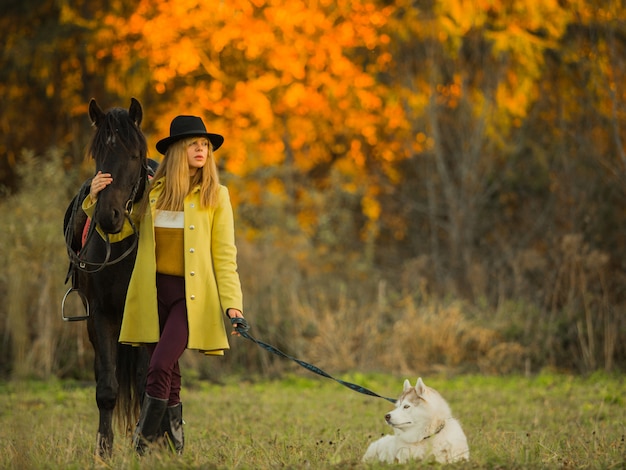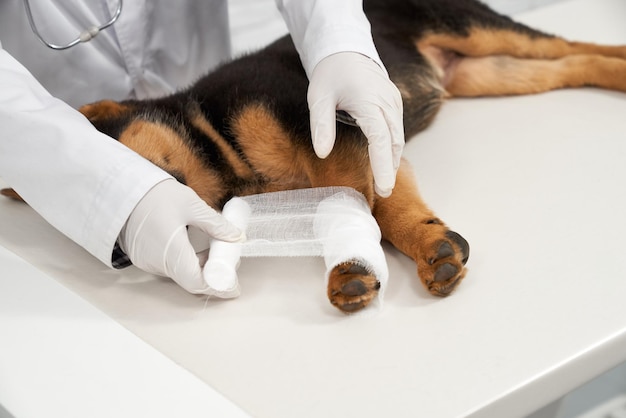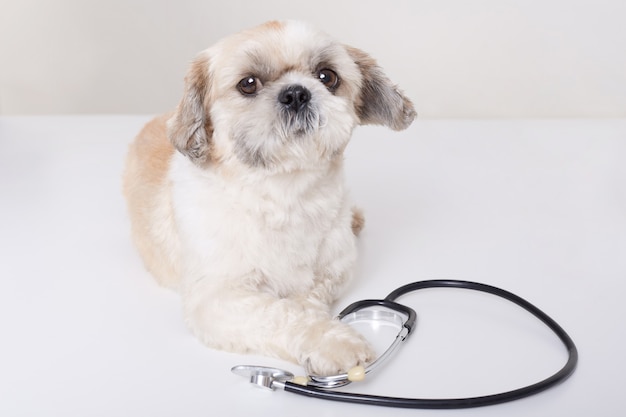5 Types of Dog Surgery and How to Prepare Your Furry Friend


It's no secret how much our dogs mean to us. We'd do anything for them to ensure they live a long, happy, and loved life. This includes dealing with difficult moments when your pup needs medical attention. According to Petpedia, an online source for pet owners, 77% of veterinarians are companion animal vets. These professionals have the experience and expertise to ensure your beloved pet is safe and healthy! Veterinarians go through years of rigorous schooling and training, so you can rest assured that your dog is in excellent hands whether they're obtaining a routine procedure or a major surgery.
Common Same-Day Procedures
Many types of dog surgery require an overnight stay and much attention before and post-surgery. However, after some of the most common outpatient surgeries, your dog usually gets to go home the same day. These include the following:
- Dental work
- Eye surgery
- Skin mass removal
- Spaying and neutering
- Wound repair
Now, let's dive into five of the most common types of dog surgery as well as information on how to prepare your pup and how to handle post-operative care.
1. ACL Repair
We never want to think about the days when our dog gets old. Unfortunately, it happens, and one of the most common surgeries your dog can face is ALC repair. During this surgery, your vet will repair your dog's torn cranial cruciate ligament (CCL) in its knee. It's a routine surgery, and it won't be long before your dog is chasing its favorite ball at the park and trying to catch its arch nemesis — that pesky squirrel.
2. Cancer Surgery
Whether you're talking about a dog or a human, no one wants to hear the word “cancer.” If your dog is diagnosed with cancer, it may require dog surgery. This is done through specialized care by an expert vet. When cancer is involved, there may be multiple dog visits, surgeries, and treatments to help your pup beat cancer.
3. Fracture and Dislocation Repairs
We do whatever we can to keep our dogs healthy, but accidents happen. At some point, your dog may have a broken bone, fracture, or dislocation that requires surgery involving a plate and screws. Repairing fractures will vary based on what bone is broken and in how many places. Both are routine surgeries, so you can rest easy knowing it'll be back to its normal self in no time!
4. Belly Surgery
Dogs love belly rubs! Of course, you want to keep your dog's belly healthy and clear of any issues. Your vet will recommend stomach surgery, especially in older dogs, because of obstructions like masses, tumors, or foreign objects in the intestine or stomach. Following the surgery, a biopsy is done to rule out cancer.
5. Amputation
Unfortunately, amputation is more common than you may think. When trauma is too severe, amputations are often the only option to save a dog's life. A lot goes into preparing for the surgery as well as the healing process. Afterward, your dog will thrive like the happy and loving dog you know and love.
Preparing Your Dog for Surgery
Your vet will ensure you have everything you need to prepare for the dog surgery. This can be anything from taking medication before surgery, bathing your dog, and discussing the risks and possible outcomes. Surgery is serious and can cause trauma for your dog. You should know everything to ensure it all goes as smoothly as possible.
Post-Operative Care
Once your furry friend makes it through surgery, your vet will provide you with detailed instructions on food, medications, activities to avoid, and using the e-collar (cone) to prevent them from chewing or licking their incision.
There will be several follow-up calls and routine appointments to check in on the furry patient to ensure recovery is going as planned. It's always important to watch your dog closely and report anything that doesn't seem normal to your vet.
Dealing with an upcoming dog surgery can get a little stressful. If you have any questions or need to discuss your options, turn to our team at Green Tree Animal Hospital. We'll take excellent care of your dog to keep it happy and healthy while alleviating your stress and nerves about the upcoming procedure. Call us today to schedule an appointment!






_corporate_logo-1920w.webp)
















